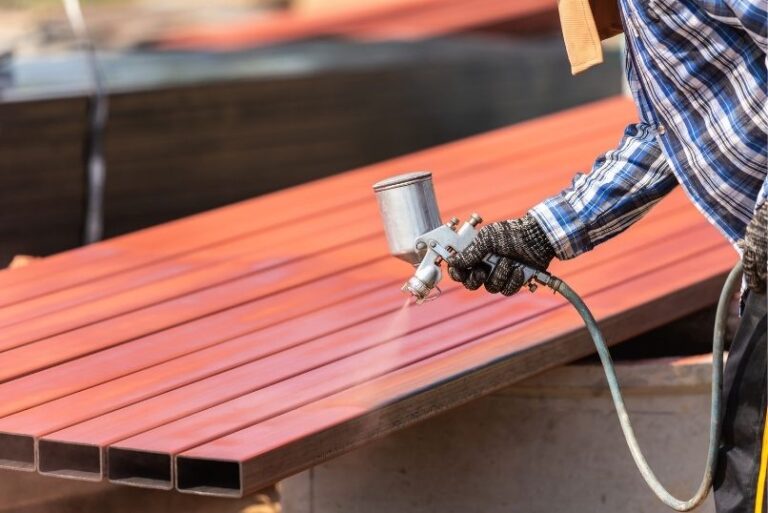Steel is a ubiquitous material in construction and manufacturing, prized for its strength and versatility. However, its susceptibility to corrosion can be a significant downside in many applications.
Enter coated steel, a solution that offers both protection and performance benefits. By applying a protective layer to the surface of the steel, the material becomes highly resistant to corrosion.
This coating not only extends the lifespan of the steel but also enhances its durability and strength. In this article, we will explore the advantages of using coated steel in corrosion prevention and how it can improve the performance of various structures and products.
Corrosion Prevention with Coated Steel
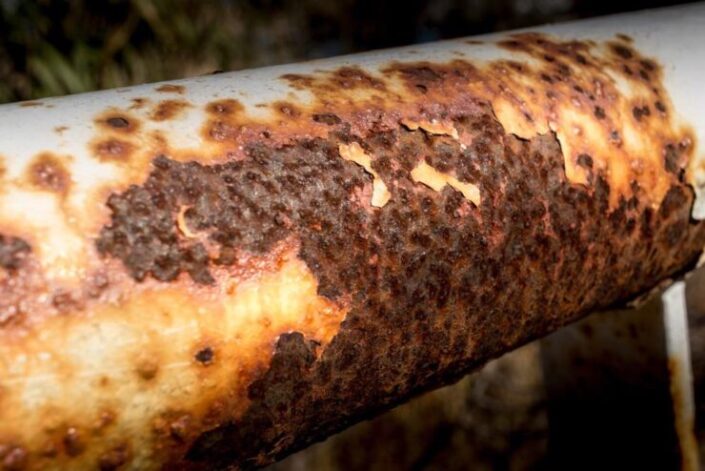
When it comes to preventing corrosion, coated steel stands out as a reliable and effective solution. The coating on the steel surface acts as a barrier, protecting it from the elements that can cause corrosion over time.
Whether it is exposure to water, chemicals, or harsh weather conditions, coated steel provides a strong defense against corrosion. This durable and versatile material is widely used in various industries, including construction, automotive, and manufacturing.
With its ability to resist rust and deterioration, coated steel not only extends the lifespan of structures and equipment but also saves time and money on maintenance and repair. In addition, the variety of coating options available allows for customization based on specific needs and requirements, making coated steel a valuable asset in corrosion prevention strategies.
Advantages of Coated Steel in Protection
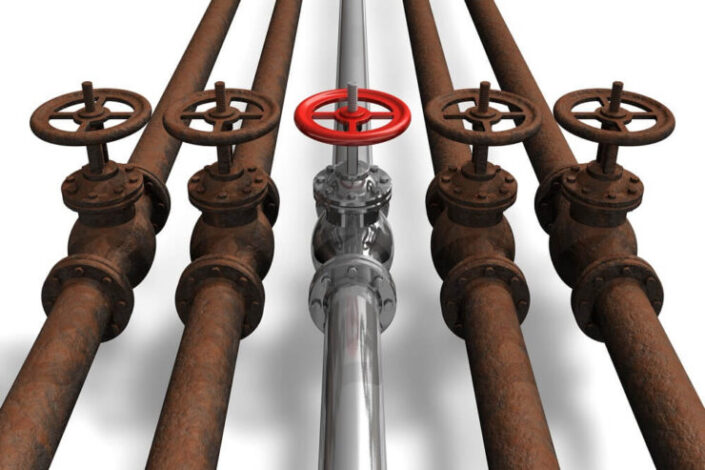
Coated steel offers a multitude of advantages when it comes to protecting against corrosion. The protective coating serves as a barrier, preventing moisture and other corrosive elements from reaching the steel underneath.
This helps to extend the lifespan of the steel and reduce maintenance costs over time. Additionally, coated steel is more resistant to scratches and abrasions, further enhancing its durability.
The range of coating options available allows for customization based on specific environmental conditions and application requirements, making coated steel a versatile and highly effective choice for corrosion prevention. Overall, the advantages of coated steel in protection make it a top choice for industries looking to ensure the longevity and performance of their steel structures.
Enhancing Performance with Coated Steel
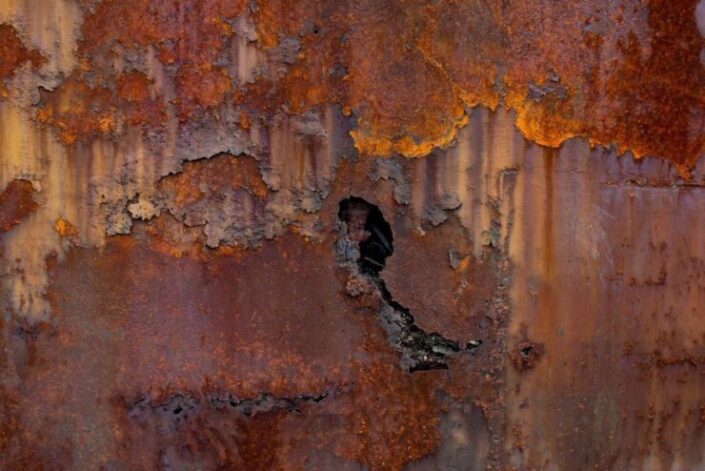
Enhancing performance with coated steel involves utilizing a versatile and durable material that not only serves as a protective barrier against corrosion but also boosts the overall efficiency and longevity of structures and equipment. The application of coated steel allows for increased resistance to environmental factors such as moisture, chemicals, and abrasion, resulting in lower maintenance costs and extended service life.
This innovative solution provides a cost-effective option for industries seeking to enhance performance and ensure the durability of their assets, making coated steel a valuable investment for long-term success.
Types of Coatings for Steel
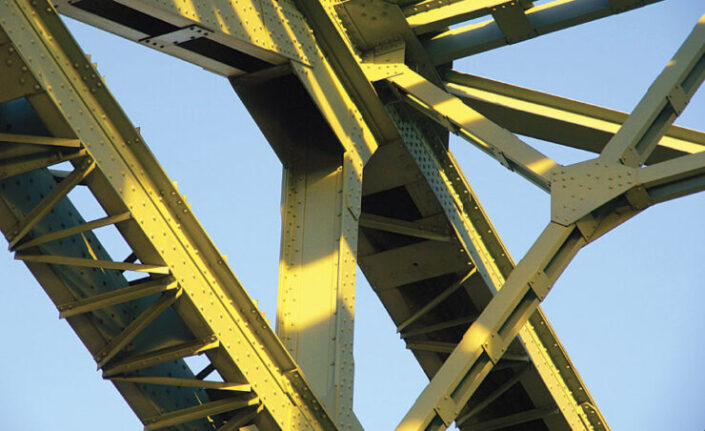
There are various types of coatings available for steel to provide protection against corrosion and enhance performance. Some common options include zinc coatings, which offer excellent corrosion resistance through a sacrificial process where the zinc serves as a protective barrier for the steel.
Another popular choice is epoxy coatings, which provide a tough, durable layer that is resistant to chemicals and abrasion. Polyurethane coatings are known for their flexibility and resistance to UV exposure, making them ideal for outdoor applications. Additionally, powder coatings offer a wide range of colors and finishes while providing excellent protection against corrosion.
Each type of coating has its own set of advantages, allowing for customization based on the specific needs of the steel structure.
Long-Term Benefits of Using Coated Steel
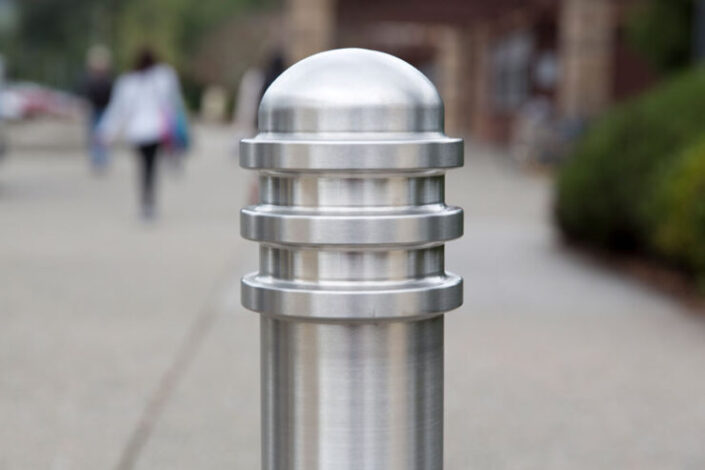
The long-term benefits of using coated steel extend far beyond just corrosion prevention. Coated steel not only provides superior protection against rust and degradation, but it also offers enhanced durability and longevity compared to other materials.
This means that structures and equipment made with coated steel will require less maintenance and replacement over time, ultimately saving time and money in the long run. Additionally, the versatility of coated steel allows for a wide range of applications in various industries, making it a valuable investment for long-term success.
With its combination of protection, performance, and longevity, coated steel is a smart choice for those looking to build and maintain durable and reliable structures.
Conclusion
In conclusion, the use of coated steel in corrosion prevention offers a wide range of benefits, including enhanced durability, increased longevity, and improved performance in various applications. With a protective coating that acts as a barrier against environmental factors, coated steel provides a cost-effective and efficient solution to preserving the structural integrity of metal components.
By choosing coated steel, industries can significantly reduce maintenance costs, extend the service life of their assets, and ensure long-term protection against corrosion. Overall, the advantages of coated steel in corrosion prevention make it a valuable and versatile material for a variety of industrial and commercial applications.

